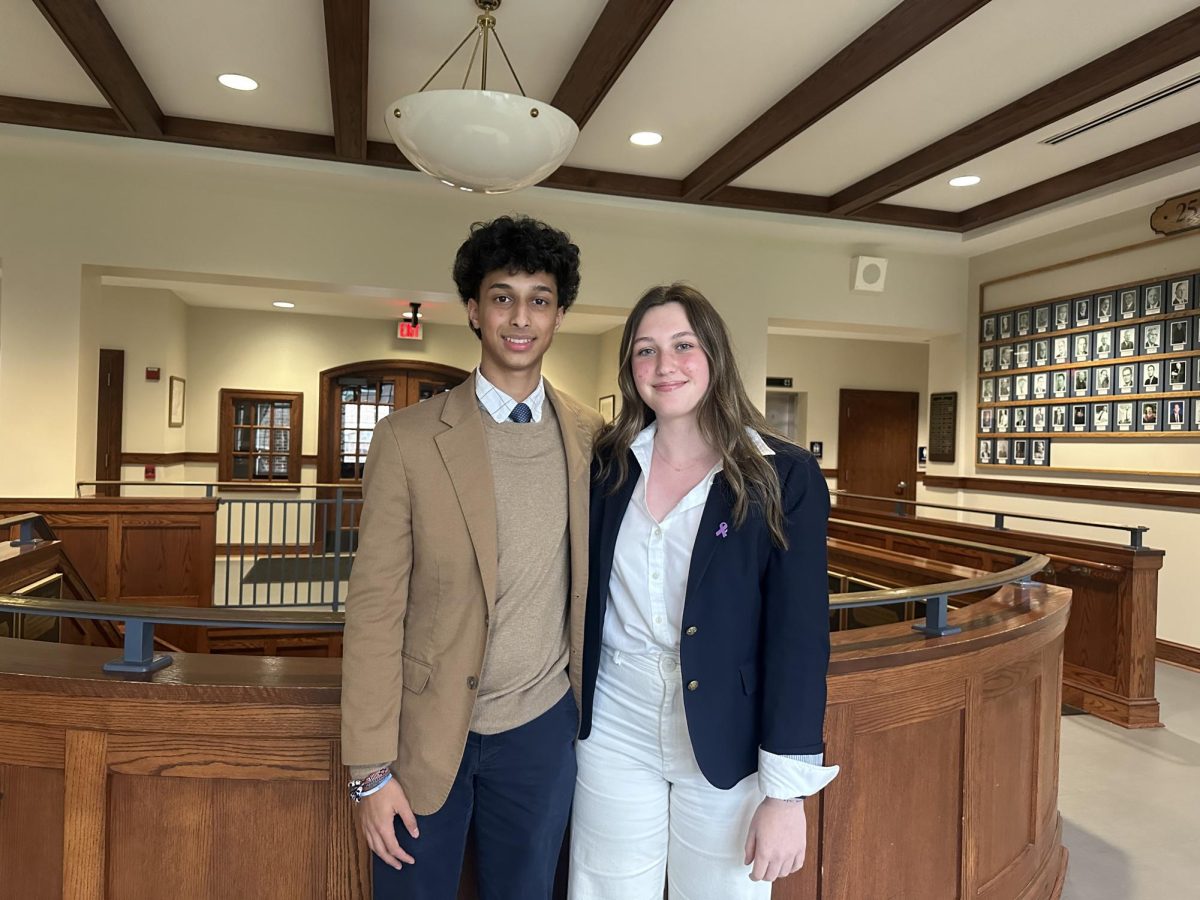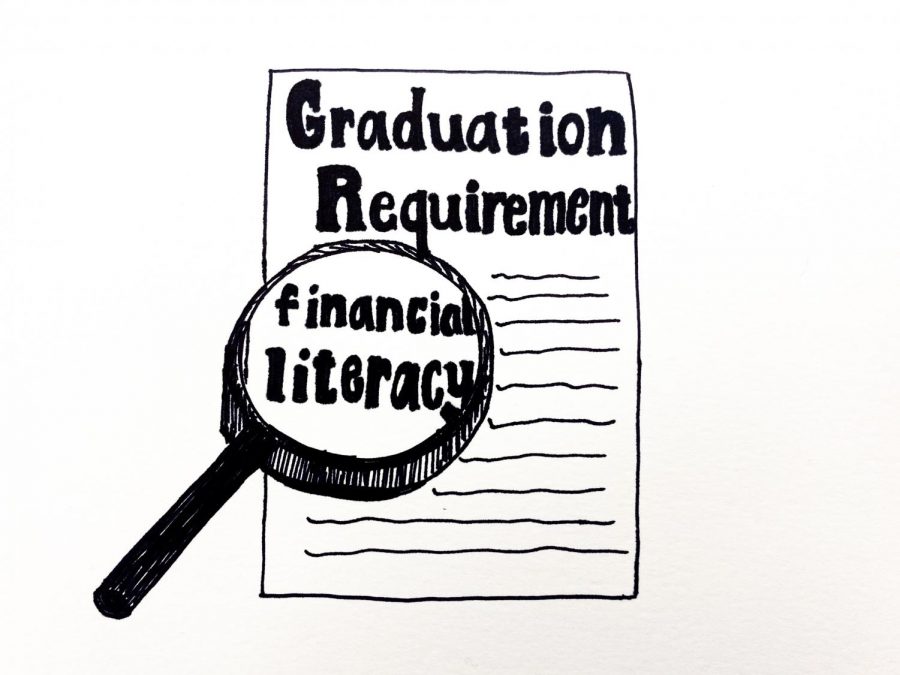Hill School implements new financial literacy requirement
As students prepare for another year at the Hill, they will begin to hear the news that Hill’s Academic Council is implementing a financial literacy graduation requirement, which will be effective starting this school year.
This requirement is unlike other academic requirements since there will be several different ways to fulfill it. For example, students can complete the requirement with coursework if they are taking or have taken Entrepreneurship, Applied Mathematics, or one of the economics classes. Other students will also be able to fulfill the requirement during H-Term, whether by taking a class or completing an internship approved by the Academic Office.
The school will also be offering workshops throughout the year that can help students meet the requirement. Josephine Phillips, a new intern at Hill, will be leading these workshops, and she plans on covering topics like budgeting, managing credit, and planning for college. Phillips also intends to incorporate real-world case studies so that students can learn how to apply the knowledge to their lives.
“I believe financial literacy is probably the most important thing for students to know,” Phillips said. “Everyone has goals and hardships at times, and understanding how to work with finance can make those situations a lot better.”
The consensus among Hill faculty is that financial literacy is something necessary and beneficial for students.
“I am a firm believer that the more human beings are exposed to basic financial literacy, the more we are able to solve many underlying problems in the world,” Ari Baum, dean of students and instructor of economics, said. Baum believes that equipping students with financial knowledge will help them become better prepared for life beyond Hill.
Academic Dean Katy Hudak also agrees that financial literacy is a crucial skill for students to have.
“As a liberal arts school, our job is to teach kids how to think critically,” Hudak said. “Part of that is being able to think critically about money.”
When it comes to the importance of understanding economics and finance, the students of Hill generally share a similar sentiment with the faculty.
“I am in support of a financial literacy requirement,” Martin Tran ’22 said. “Implementing a requirement like this would lead to a greater opportunity for students to learn about investing their money wisely. As I see it, people are always joking that schools should teach us how to do our taxes instead of focusing solely on academia, and I think this is where our education can really be improved.”
However, many have mixed thoughts about the requirement itself. Some students are concerned about how this requirement can impact their course plan.
“I agree that it would benefit us in the future if we learn about finance,” Benjamin Wang ’23 said. “However, most of us upper formers have already planned out the classes we wish to take before graduation and, with the sudden news of this new requirement, we would need to reorganize our plan. For some students, that would have a huge impact.”
Others worry that making financial literacy a requirement will make students less eager to learn those skills.
“I think in order to prepare us for life, we should have some knowledge on money,” Carmelita Robinson ’23 said. “But, testing students on the knowledge will only make students dislike it and forget the importance of this life skill.”
When asked about how she might address such apprehension, Phillips stated, “What I hope to do is make financial literacy very relatable to students, which could potentially help them understand it and also enjoy learning about it. I want to show them how this can really affect your life — not just now, but 10 or 20 years from now, it will always be important.”



























